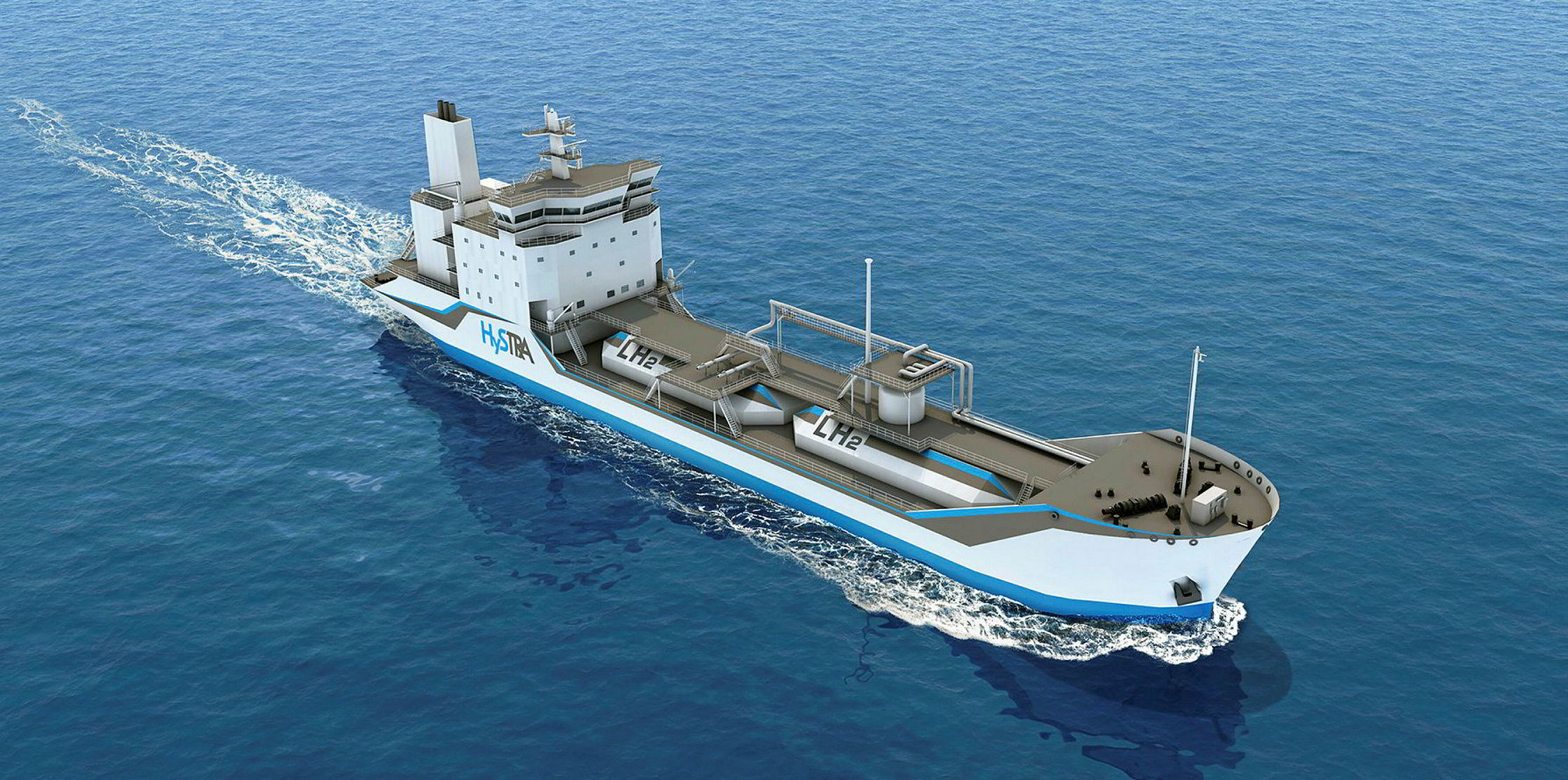Shipowners should place their bets on hydrogen and ammonia as the vessel fuels of the future, according to an expert from University College London (UCL).
Tristan Smith, reader in energy and shipping, told TradeWinds that biofuel is part of the solution, but there is "just no way there can ever be enough supply" for it to be the whole answer to the IMO's decarbonisation targets.
Economics of scale will work in favour of electricity renewables, he said.
Hydrogen can be produced from water and any renewable source of electricity using electrolysis.
Ammonia is simply hydrogen and nitrogen and can be split chemically from just water and air, which is 73% nitrogen, using electricity.
Smith predicted the price of biofuels will be driven up by demand and lack of supply, past that of hydrogen and ammonia.
He said most of the world fleet will be powered by either of these two fuels within 20 or 30 years.
"This is just going to explode," he added.
Projects underway
Germany's ThyssenKrupp this year announced the launch of its technology for "advanced water electrolysis," which produces carbon-free hydrogen from renewable sources.
It is moving forward with a demonstration plant in Port Lincoln, South Australia to produce ammonia.
Smith said most of the new fuel will come from North Africa and Australia, bunkered by ships docking there or being moved to other hubs.
There are also projects in Orkney, Scotland, and Chile, developing these fuels.
And Shell has teamed up with ITM Power in Germany to build a hydrogen electrolysis plant.
Dutch company GoodFuels has tens of thousands of tons of biofuel already sold for 2019, following a trial on a Norden tanker. It uses recycled cooking oil, forest residue and household waste as feedstock.
It told TradeWinds it would ideally like to have millions of tonnes available in the future.




